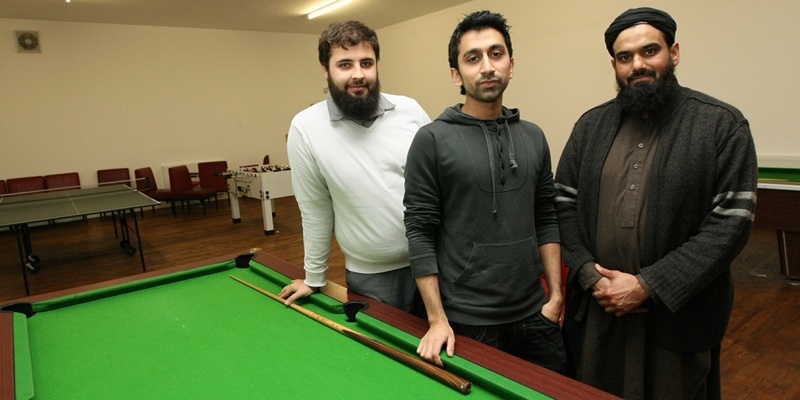Controversial stop-and-search powers at UK border points will come under scrutiny in Dundee today.
Around 80 members of the Muslim community are expected to attend a public meeting organised by Tayside Police at the Dundee Community Centre on Guthrie Street.
They are due to discuss schedule seven of the Terrorism Act 2000, which provides ports officers powers to examine people passing through UK borders. It allows officers to stop and question people without suspicion as well as detain someone for up to nine hours.
Critics argue the UK legislation, used as part of the country’s counter-terrorism measures, unfairly targets Muslims.
Tayside Police Assistant Chief Constable Angela Wilson told The Courier the force is keen to listen to the local community.
”There are some who are concerned about schedule seven and question its impact on civil liberties,” she said. ”Our aim is to explain the reason for the legislation and hopefully provide some reassurance.”
”Across Scotland similar meetings have already taken place. As we have a reasonably sized Muslim community the decision was taken to hold one here.”
Abdul Rehmen (24), manager at the Dundee Community Centre, said he understands the work undertaken to combat terrorism, but is unsure of the ”viability” of the act.
”Personally, I think there are other ways to do security at airports without having to take scans of people,” he continued. ”But I do welcome this meeting and hope as many people as possible come along.”
Ms Wilson said the decision to address the local Muslim community was taken because they are a group that feels most likely to be affected by stop-and-search powers.
”It is national legislation, and terrorism is something that does not just happen in England and Wales but in Scotland too,” she continued. ”We are from time to time contacted by concerned Muslims, and that is what this meeting is about to provide a balanced picture.”
Justice Secretary Kenny MacAskill will also sit on today’s panel alongside police chiefs and Dundee East MSP Shona Robison.
The cabinet secretary said it is important that powers to stop and question travellers are used consistently, sensitively and appropriately.
”I am well aware of the sensitivities involved in the use of schedule seven powers,” he continued. ”Where there are legitimate concerns and grievances in communities we need to understand them and work together to try to address them.
”We are here to listen to the community and to engage with them as to how we ensure appropriate actions against potential terrorist threats but balanced with respect for all our communities.
”Concerns have recently been raised about a lack of clear information about the powers and how they are used, and police have acted by reviewing the leaflets given to those who are stopped, and will be making sure information is more widely and easily available, both at the airports and in communities.
”This is not the only concern, but it is a good example of how the authorities are looking to provide reassurance and build trust.”
Mr MacAskill added: ”Scotland is not immune from terrorism, so it is vital that our airports are effectively policed to preserve public order and ensure that any threats to security are identified and addressed.
”The police play a crucial role, having to balance a duty to tackle crime with the protection of individual civil liberties. The powers they use are necessary to assist in their challenging role.
”Officers on the ground are best placed to make individual judgments as to when those powers should be used. I believe our forces make a proportionate and necessary use of the powers available to them.”
The public meeting takes place this evening from 5.45-7.45pm.
